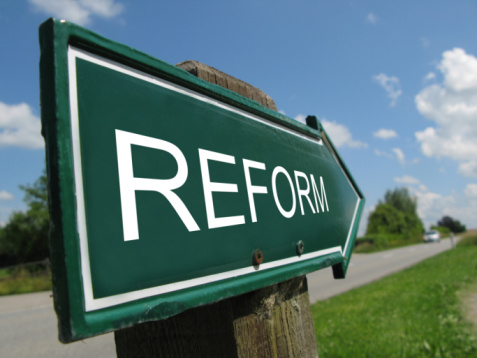
California is in the beginning stages of building a government website where people will be able to shop for insurance in an online Health Exchange. Advocates say this massive IT project could make or break the State’s public health option.
California was the first state to create a Health Exchange Board – a group of government appointees who are tasked with negotiating prices with commercial (and possibly public) health plans. But today, some feel this early start has been squandered.
“If we don’t get the application and enrollment system to work, we’re not going to have the level of enrollment that the Exchange needs to be that robust marketplace that we all want it to be,” said Elizabeth Landsberg Director of Legislative Advocacy for the Western Center on law and poverty.
Patricia Powers, Acting Administrative Officer for the California Health Benefit Exchange, said she’s “confident” the project will be completed on time.
“The federal guidance on some important issues the Exchange will tackle was only recently [released]. States are providing feedback and analyzing the implications of these regulations. Additionally, the so-called ‘innovator’ states are now working to design information technology solutions that may able to be replicated in other areas of the country.”
Landsberg – who has been working closely with government officials as a consumer advocate on the issue – agrees there’s still time to create a successful program. But she said it’s important to create a system that is not a “black box” and that might take significant time and planning.
“In the past some advocates have been concerned that there have been programming errors,” she said. “One of the things we most want to see is some process [where by] advocates can raise concerns if we do think there are errors in the system. We want to see a system that’s flexible.”
While about 15 states including California seem determined to create their own web-based application process, others aren’t taking any action at all. The Federal Government is currently constructing its own “application portal”, which states will be required to use if they don’t put together their own program by the 2013 deadline.
Powers said the Exchange is trying to avoid that fate.
“California is unique and diverse; and a state-based entity is best positioned to design and implement an Exchange appropriate for California, instead of relying on the federal government to administer one,” she said.
There’s more at stake than just getting people signed up for the Exchange.
California’s online process will also cross-check a resident’s application against Federal and State databases to determine what, if any other, public health programs an individual qualifies for.
“So If I apply whether it’s at a county welfare office or online through the exchange portal, it’s up to the state or the system to figure out am I eligible for Medi-Cal, for the Exchange, for Healthy Families and then to enroll me in those programs,” Landsberg said. “Right now the onus is really on the consumer to figure out what she’s eligible for.”
Advocates say, if done correctly, this project could be a big win for low-income individuals and families who often have trouble getting public health insurance due to confusing and often cumbersome paperwork requirements.
AB 1296 – authored by Susan Bonilla, District 11 – would authorize The Department of Managed Health Care to begin contracting out and overseeing the construction of the internet infrastructure. The bill is currently awaiting the Governor’s signature.





